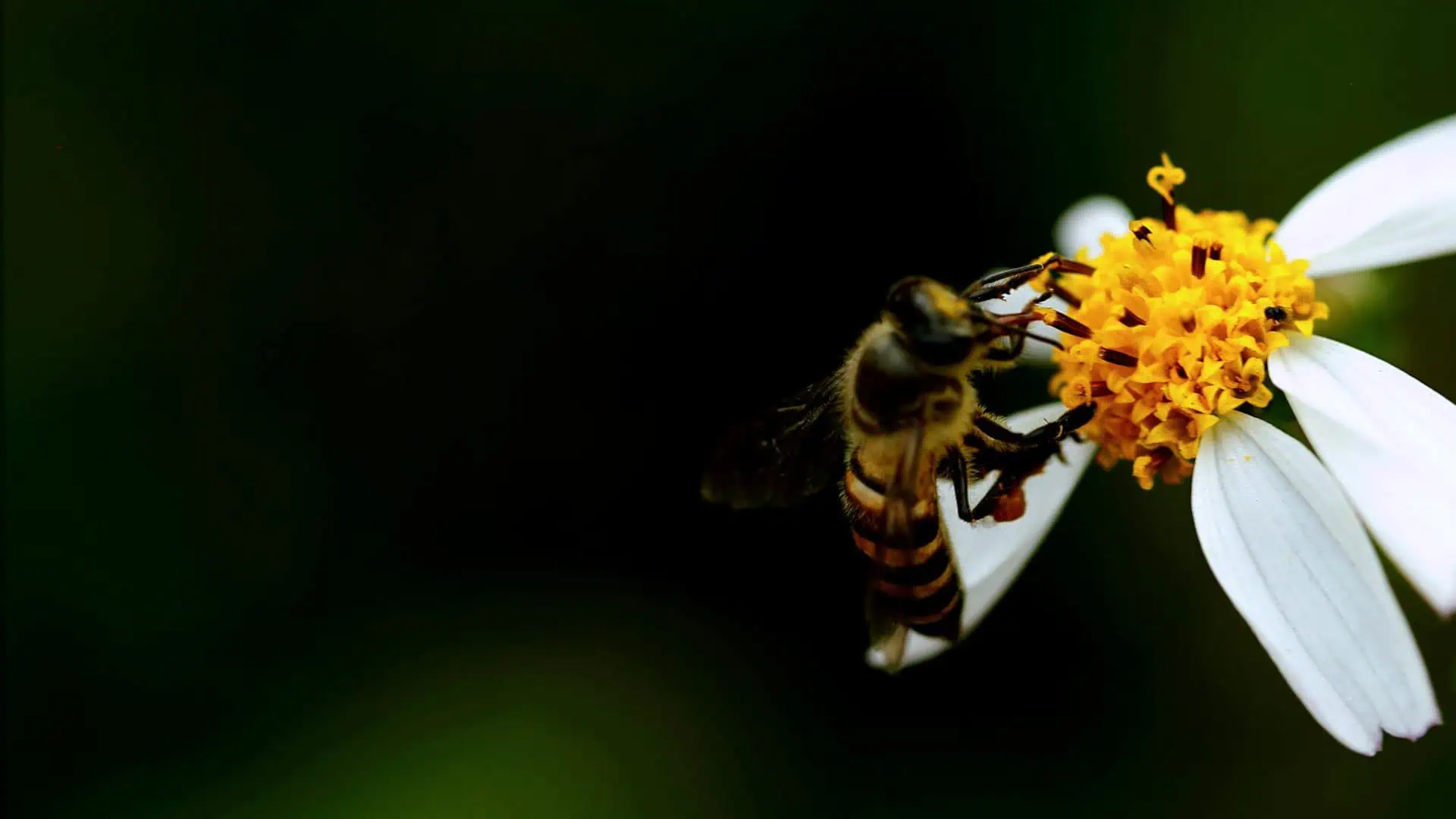
Healthy bees, Healthy planet
We have the power to save them.
video source: Protecting pollinators — Euroscola 2022
Our focus
Europe, and the world at large, is facing an urgent biodiversity crisis, with ecosystems under increasing threat from habitat loss, pollution, and climate change.
We want to harness the power of bees and other pollinators to drive meaningful environmental impact.
Partner with us through a unique sponsorship opportunity that aligns your brand with sustainability, biodiversity, and community engagement.
Let's build a healthier planet together.
What's bugging the bees?
Pesticides and habitat loss
Certain pesticides—whether sprayed on plants, coated on seeds, or mixed into the soil—pose serious threats to bees. These chemicals weaken bees' immune systems through repeated exposure, making it harder for them to forage and combat diseases. Additionally, they contribute to habitat loss by diminishing the variety of plants that bees depend on for nutrition. As their natural habitats shrink, bees face an increasingly difficult battle for survival.
Poor nutrition and climate change
Just like us, bees and other pollinators rely on a varied diet of nutritious food to thrive. Access to a diverse range of flowers is crucial for their health and vitality. However, habitat loss, industrial agriculture, and climate change are disrupting the availability and timing of these essential food sources. Without sufficient nutrition, honey bees and other pollinators become weaker and more vulnerable to diseases and environmental stresses.
Pathogens and parasites
Sick bees are especially vulnerable to diseases that can rapidly devastate a hive. Parasites like Varroa mites aggressively feed on bee larvae, undermining the colony’s strength. Concurrently, bacterial infections such as American Foulbrood and viral diseases like Sacbrood target and kill young bees, posing a serious risk of colony collapse.